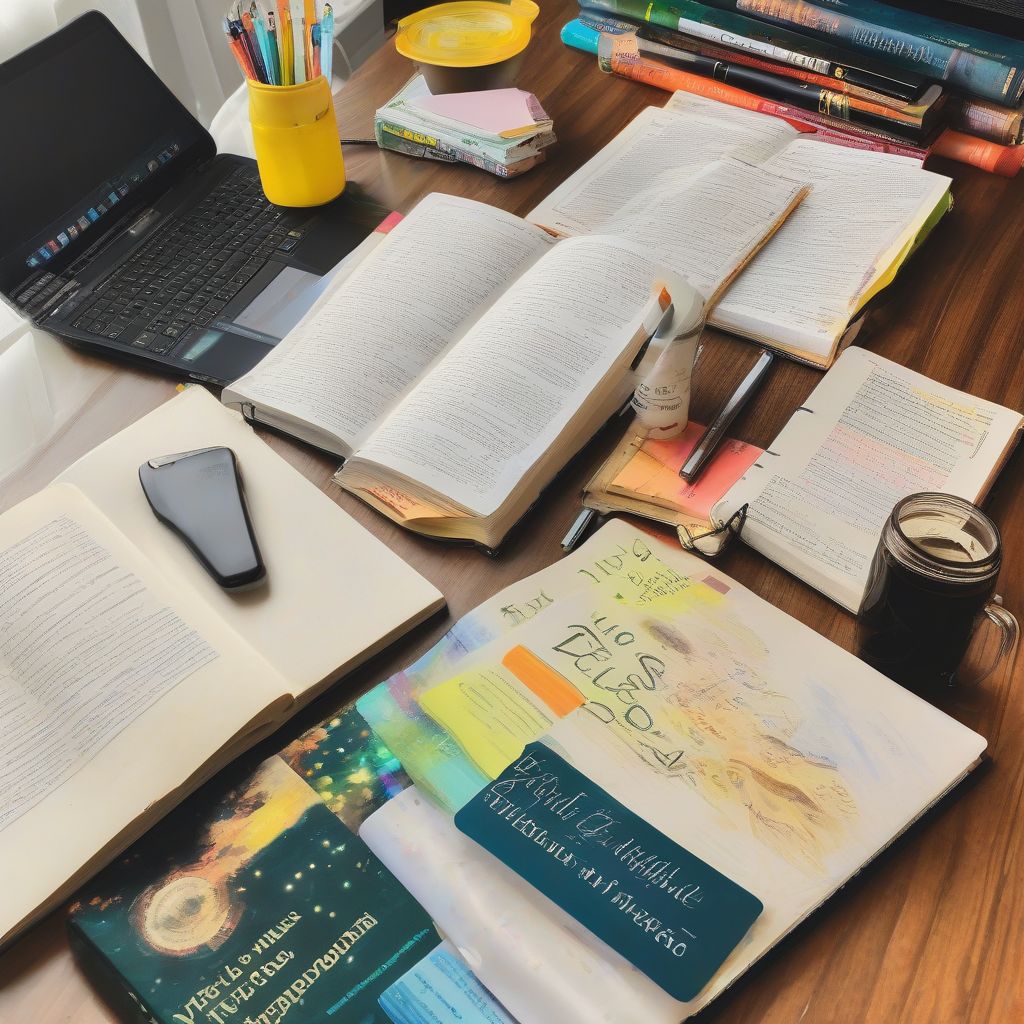Have you ever found yourself captivated by a classic novel, yearning to delve deeper into its intricate layers of meaning? Perhaps you’re a student grappling with required reading, or maybe you simply want to enrich your understanding and appreciation of literary masterpieces. Whatever your motivation, embarking on a journey through classic literature can be incredibly rewarding, but it can also feel daunting. Where do you begin? What resources can help unlock the secrets hidden within these timeless texts? This guide will equip you with the best resources for studying classic novels, empowering you to navigate the world of literature with confidence and insight.
Navigating the World of Classic Literature: Essential Resources
SparkNotes, CliffNotes, and Shmoop: Your Study Companions
These websites offer chapter summaries, character analyses, theme explanations, and important quotes, providing a solid foundation for understanding the plot and key elements of a novel. While they shouldn’t replace reading the book itself, they are excellent for clarifying confusing passages or refreshing your memory on key details. Think of them as knowledgeable friends who can help you navigate the complexities of the text.
Online Study Guides and Educational Platforms
Websites like LitCharts and GradeSaver offer in-depth analyses, essay prompts, and quizzes to test your comprehension. These resources can be especially helpful for students preparing for exams or writing papers. Khan Academy also offers free literature courses that cover various classic novels, providing a structured learning experience.
Annotated Editions: Delving Deeper into the Text
Annotated editions of classic novels provide invaluable context and insights directly within the pages of the book. These editions often include footnotes explaining archaic language, historical references, and literary allusions, enriching your reading experience and deepening your understanding of the author’s intentions.
 Classic Novel Study Resources
Classic Novel Study Resources
Literary Criticism and Scholarly Articles: Exploring Different Perspectives
Exploring literary criticism can open your eyes to different interpretations and perspectives on a novel. JSTOR, Project MUSE, and other academic databases offer access to scholarly articles that analyze themes, characters, and historical context, providing a deeper understanding of the novel’s significance.
Online Book Clubs and Forums: Engaging with Fellow Readers
Joining online book clubs and forums allows you to connect with other readers and discuss your thoughts and interpretations. Platforms like Goodreads and Reddit offer dedicated communities for discussing classic literature, providing a space to share insights, ask questions, and engage in lively debates. “The beauty of reading lies in the shared experience,” says renowned book critic, Dr. Anya Sharma. “Discussing a novel with others allows us to see it through different lenses and enrich our own understanding.”
Enhancing Your Study Experience: Supplementary Resources
Author Biographies and Historical Context: Understanding the Author’s World
Learning about the author’s life and the historical context in which the novel was written can provide valuable insights into the themes and characters. Biographies, historical texts, and documentaries can illuminate the author’s motivations, influences, and the social and political climate that shaped their work.
Film Adaptations: Visualizing the Story
While film adaptations should never replace reading the novel, they can be a valuable supplement to your study. Watching a film adaptation can help you visualize the characters and settings, and it can also spark new interpretations and insights. However, it’s important to remember that adaptations often deviate from the original text, so it’s crucial to compare and contrast the two.
Audiobooks: Listening to the Narrative
Listening to an audiobook can be a great way to experience the novel in a different format. It can be especially helpful for auditory learners or those who struggle with traditional reading. Listening to a professional narrator can also enhance your understanding of the characters and their emotions.
Crafting Your Study Strategy: Tips for Success
Set Realistic Goals: Pace Yourself
Don’t try to read too much too quickly. Set realistic goals for yourself, whether it’s reading a certain number of pages per day or completing a chapter per week. Pacing yourself will allow you to savor the novel and avoid feeling overwhelmed.
Take Notes and Annotate: Engage Actively with the Text
Taking notes and annotating the text can help you stay engaged and retain information. Highlight key passages, jot down your thoughts and questions, and track the development of characters and themes.
Utilize Online Resources Strategically: Supplement, Don’t Replace
Online resources can be invaluable, but they shouldn’t replace reading the novel itself. Use them strategically to supplement your understanding, clarify confusing passages, and explore different interpretations.
Engage in Discussions: Share Your Insights
Discussing the novel with others can deepen your understanding and appreciation. Join a book club, participate in online forums, or simply talk to a friend or family member about your thoughts.
Conclusion: Embracing the Journey of Literary Exploration
Studying classic novels can be a richly rewarding experience, offering insights into the human condition, exploring complex themes, and expanding your literary horizons. By utilizing the resources outlined in this guide and crafting a study strategy that works for you, you can unlock the timeless wisdom and beauty contained within these literary masterpieces. Remember, the journey of literary exploration is a personal one. Embrace the process, ask questions, and allow yourself to be transported to different worlds and perspectives. Now, share your thoughts! What are your favorite resources for studying classic novels? What tips have helped you delve deeper into the world of literature? Let’s continue the conversation in the comments below!



